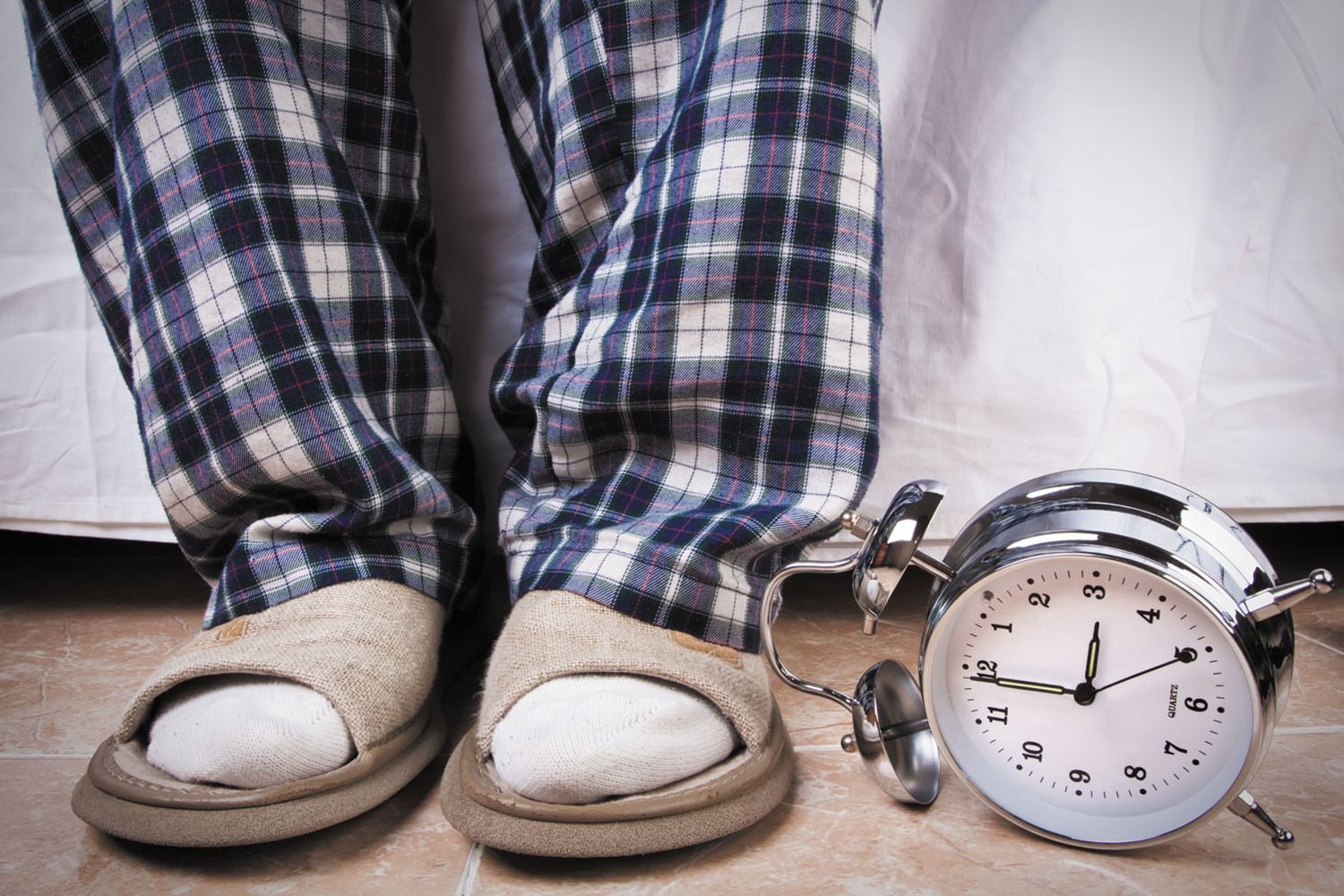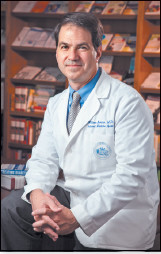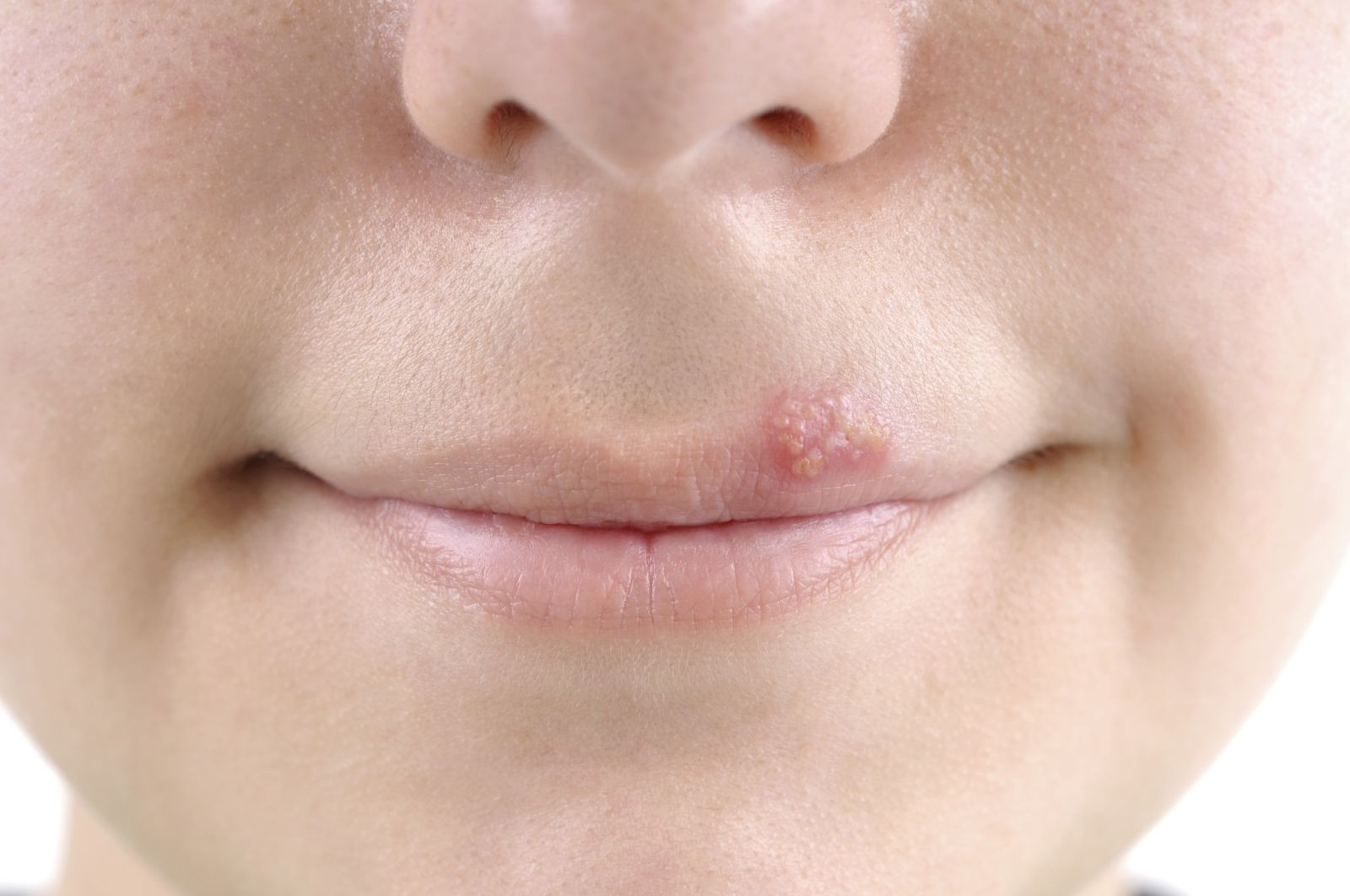
Wildfires: How to cope when smoke affects air quality and health

What can magnesium do for you and how much do you need?

Dry socket: Preventing and treating a painful condition that can occur after tooth extraction

What happens during sleep �� and how to improve it

How is metastatic prostate cancer detected and treated in men over 70?

Could biofeedback help your migraines?

What is autism spectrum disorder?

Plantar warts: Options for treating this common foot condition

Cancer survivorship: What comes next after treatment

Nutritional yeast: Does this savory, vegan seasoning pack a nutritional punch?
Diseases & Conditions Archive
Articles
Should all hemorrhoids be treated?
Ask the Doctor
Q. I had a colonoscopy recently and it detected hemorrhoids. I don't have any symptoms. Should I be doing something to get rid of them?
A. Like you, approximately 40% of people with have none of the common symptoms—bleeding, anal itching, and pain. Their hemorrhoids may be found on a routine physical examination or during a test done for other reasons, such as a colonoscopy for colon cancer screening.
Afib cases increasing; pay attention to underlying health conditions
Atrial fibrillation (afib) is affecting far more people than it did 50 years ago, according to a study published July 11, 2015, in The Lancet. Afib is an irregular heartbeat that makes the heart's upper chambers (the atria) quiver, rather than pump steadily. This can lead to the formation of blood clots, which can travel in the blood to the brain and cause a stroke. The Lancet study found that afib cases quadrupled from 1958 to 2007 among 9,500 people. But there is some encouraging news: the study also found that the risk of stroke associated with afib decreased 74% in the last 50 years, and the risk of death decreased 25%.
Why the ups and downs? Researchers point to epidemics of obesity and diabetes as part of the reason, as well as increased awareness of the condition and better detection methods. Meanwhile, improved recognition and treatment of other diseases, such as high blood pressure, may be helping to reduce the cases of stroke and early death linked to afib. So, this study provides further evidence of the importance of maintaining a healthy weight and keeping blood sugar, blood pressure, and cholesterol under control. In addition to reducing the risk of heart disease, stroke, diabetes, and other illnesses, you also reduce the risk of getting afib and developing complications from it.
Frequent nighttime urination
Having to rise from bed to hit the bathroom even once can be bothersome if it disturbs your sleep rhythm. Image: Thinkstock |
Repeated nocturnal bathroom calls are bothersome, but self-help steps and targeted treatment offer relief.
Getting in shape may improve afib symptoms
Image: iStock |
Boosting your fitness level may help decrease the symptoms of the most common heart rhythm disorder, according to a study published online June 22 by the Journal of the American College of Cardiology. The disorder—atrial fibrillation, or afib—causes an irregular, rapid heartbeat that can lead to shortness of breath, dizziness, and fainting.
The study included 308 people with afib who were also overweight or obese, a condition that raises the risk of afib. The participants answered questions about their afib symptoms and underwent tests to determine their fitness levels, which were described in metabolic equivalents, or METs. (METs measure your level of exertion and are based on how much oxy-gen your body uses during activities; sitting still is 1 MET, and brisk walking is 3.)
Ask the doctor: Statins and liver tests
Q. My doctor used to check my liver function once a year after I started taking a statin drug to lower my cholesterol, but he doesn't anymore. Why not?
A. Your doctor appears to be following the latest recommendations from the American Heart Association and the FDA. When statin medications were first approved, doctors did periodic blood tests to check for liver injury. Three decades later, it is clear that serious liver injury from statins is a rare side effect and that routine blood testing does not help identify people at risk for statin-related liver problems. Therefore, routine monitoring is not a good use of money and time.
Preventing cold sores
Ask the doctor
Q. What's the fastest way to get rid of a cold sore? Is it possible to prevent them?
A. Cold sores, also called fever blisters, are bothersome and painful fluid-filled blisters on or around the lips. They are caused by infection with herpes simplex virus (usually type 1). Cold sores heal on their own in seven to 10 days. However, antiviral medications can modestly shorten the healing period. One-day treatment with the prescription antiviral drugs famciclovir (Famvir) or valacyclovir (Valtrex) shortens cold sore symptoms by one to two days. These oral medications are most effective when taken at the first sign of a cold sore, such as a burning or tingling sensation. Antiviral creams are less effective and need to be applied several times daily for five days.
Best ways to battle irritable bowel syndrome
Get to know your triggers and ways to prevent flare-ups.
| Images: Thinkstock Irritable bowel syndrome may be due to an overgrowth of bacteria in the small intestine or nerve problems. |
Treating melanoma
If a growth or mole looks like a melanoma, the doctor will take a biopsy to confirm the diagnosis. This entails removing either a sample of tissue or else the entire growth and some surrounding skin, and examining the tissue under a microscope to determine whether it's cancer. Depending on how deep a melanoma is, additional tissue may have to be removed. In some cases, lymph nodes may be removed, too. A procedure called sentinel node biopsy can show whether the lymph node nearest the tumor contains any cancer cells. If it does, surgery to remove additional nodes right away can improve survival.
In addition to surgery, treatments for melanoma include immunotherapy (which strengthens the immune system against the cancer), chemotherapy, and radiation therapy. Newer, so-called targeted treatments include drugs that target specific genetic changes seem in people with certain forms of melanoma. For example, about half of melanomas have genetic changes (mutations) in a gene called BRAF, which signals melanoma cells to grow and divide quickly. Drugs that inhibit BRAF, such as vemurafenib (Zelboraf ) and dabrafenib (Tafinlar), and related proteins are now available.
Injections don't improve physical therapy for knees
Physical therapy is helpful for wear-and-tear knee osteoarthritis, especially if you start doing it early. But injecting a painful knee with an anti-inflammatory steroid medication before starting physical therapy offers no additional benefit, according to a clinical trial in JAMA Internal Medicine.
Studies have shown that physical therapy modestly reduces pain and improves daily functioning in people with knee osteoarthritis. That could mean being able to walk farther with less pain or to continue leisure activities such as gardening. Before you start physical therapy, your doctor may offer to inject the knee with a cocktail of anti-inflammatory steroid medication and an anesthetic. Hypothetically, this could make it easier for you to stick with exercise and therefore lead to better results.
Stay behind the wheel longer
Driving assessment programs evaluate your driving history, family concerns, overall health, thinking, and driving reflexes. They can help you brush up on skills and get up to speed on new driving laws. Image: Thinkstock |
A driving assessment program can help identify your strengths and weaknesses and suggest ways to improve your driving skills.
The sense of freedom and independence that comes with driving is as important at 65 as it is at 16. But driving skills may start to falter as we age, an issue many people choose to ignore. "We all seem to be in denial about driving in our older years. No one wants to give it up. The good news is that you may not have to," says Lissa Kapust, a social worker at Harvard-affiliated Beth Israel Deaconess Medical Center.

Wildfires: How to cope when smoke affects air quality and health

What can magnesium do for you and how much do you need?

Dry socket: Preventing and treating a painful condition that can occur after tooth extraction

What happens during sleep �� and how to improve it

How is metastatic prostate cancer detected and treated in men over 70?

Could biofeedback help your migraines?

What is autism spectrum disorder?

Plantar warts: Options for treating this common foot condition

Cancer survivorship: What comes next after treatment

Nutritional yeast: Does this savory, vegan seasoning pack a nutritional punch?
Free Healthbeat Signup
Get the latest in health news delivered to your inbox!
Sign Up










